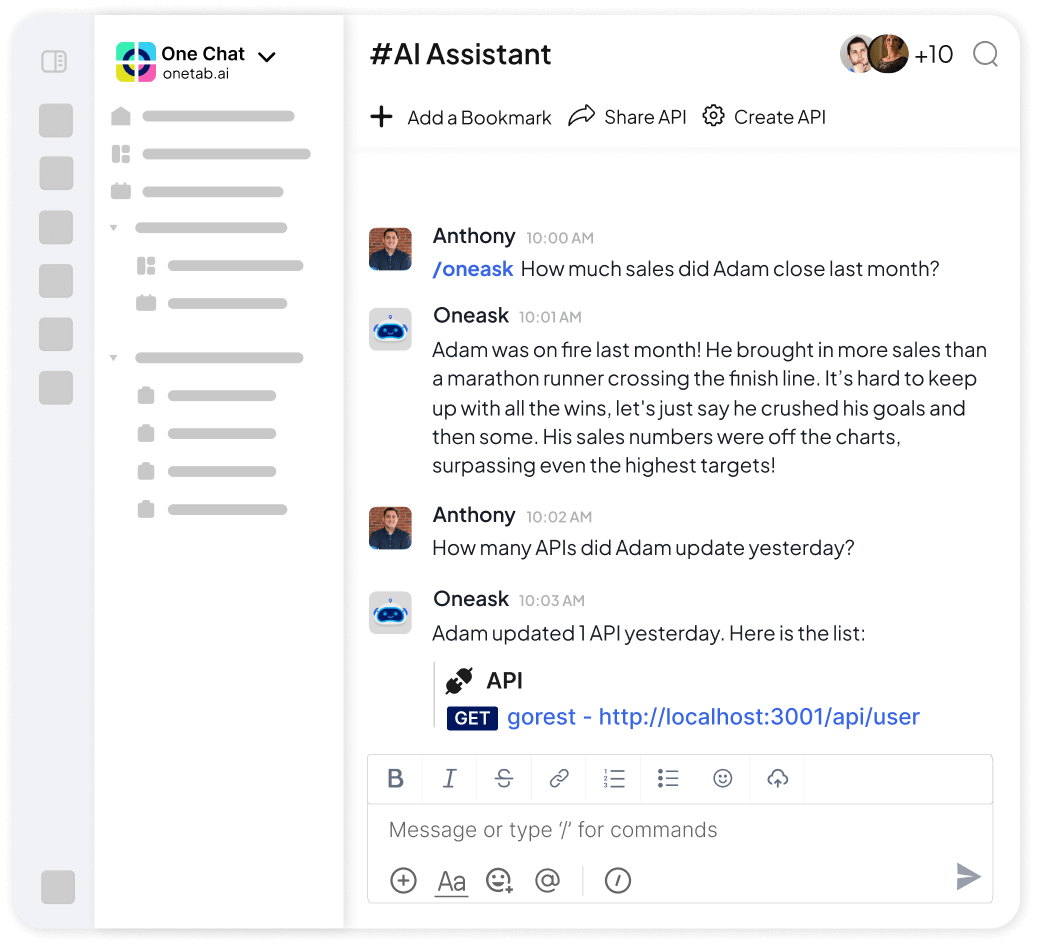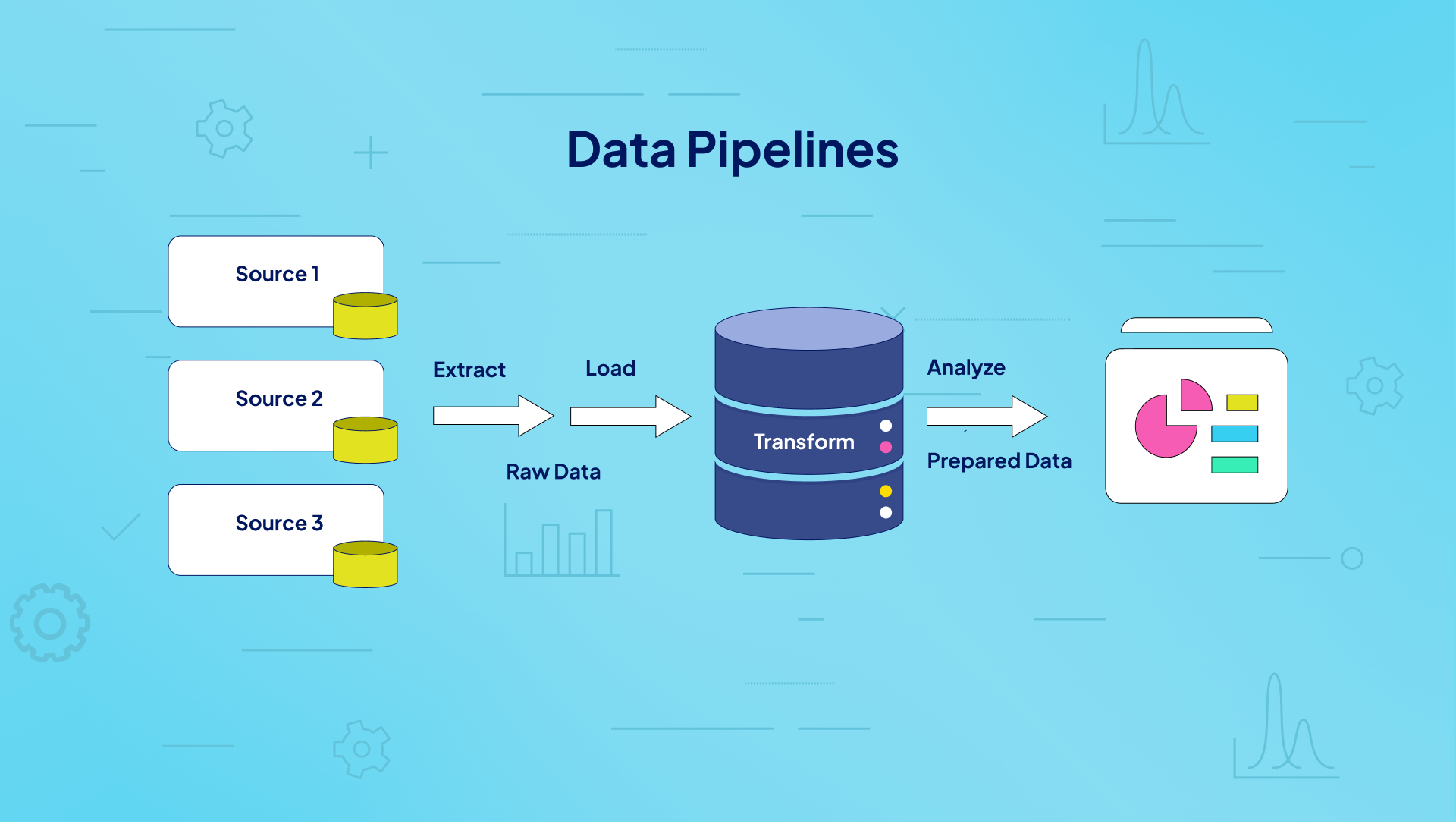Grappling with tight deadlines, ever-changing requirements, and the constant shuffle of resources are all challenges we’re all too familiar with. Being on the front lines of such situations can be a challenge that requires more than just technical skills and project savviness.
Program management is the tool that bridges this gap. It ensures that individual projects contribute to the larger goals being set without losing sight of technical intricacies.
What is program management?
To understand the definition of program management, it’s essential to distinguish it from project management. While project management focuses on the successful completion of individual projects, program management involves coordinating multiple, related projects. These projects are managed together to achieve broader business goals.
Think of program management as the glue that holds these projects together, ensuring that they collectively deliver on the company’s strategic vision. But, what is a program in project management? A program is essentially a group of related projects managed in a coordinated manner to gain benefits that wouldn’t be achieved if managed separately.
Program management is a strategic approach that oversees multiple related projects to ensure they collectively achieve broader business goals. Unlike project management, which focuses on individual projects, program management coordinates these projects to align with long-term objectives, manage interdependencies, and optimize resource allocation.
Take, for example, a software engineer developing a new feature. Without effective program management, this feature could be delayed by dependencies on other teams or conflicting timelines. Program management ensures smooth collaboration between teams, with a focus on both the technical and strategic aspects of delivery.
a. Aligning technical execution with business strategy

Developers often focus on solving immediate technical problems—whether it’s implementing a feature or fixing bugs. However, program management ensures that every project, no matter how small, ties back to long-term business goals. It enables project managers to keep both technical and strategic objectives in sight, ensuring that what’s being built today supports future scalability and user needs.
For instance, while a developer codes a new API, program management ensures it integrates seamlessly with the rest of the product roadmap, avoiding siloed work that doesn’t fit into the larger vision.
b. Managing dependencies and complexity across teams

In any multi-project environment, dependencies can create bottlenecks. One team’s progress may hinge on another’s deliverables, and without proper coordination, timelines can slip. Program management ensures that these dependencies are managed proactively. Teams can stay focused on their tasks while knowing the overall program’s moving parts are being tracked and aligned.
If a developer working on a front-end application relying on an API that’s being built by another team. Program management ensures both teams have a clear understanding of timelines, preventing delays due to unaligned deliverables. It also opens communication channels to address issues quickly if one team’s progress slows.
c. Handling resource constraints strategically
Effective resource allocation is often one of the toughest challenges when managing multiple projects. Program management plays a vital role in ensuring that resources—whether time, personnel, or tools—are allocated efficiently and strategically to maximize productivity and avoid delays. Here’s how program management streamlines resource allocation:
Program managers proactively identify potential constraints, such as limited testing environments or overbooked personnel. Spotting these issues early allows teams to address them before they cause significant delays.
When resources are stretched thin, program managers focus on tasks that deliver the most value. By prioritizing high-impact work, they ensure that progress continues on key initiatives while less critical tasks are rescheduled or adjusted.
Monitoring the use of resources in real-time prevents overburdening specific team members and ensures that no project is left behind due to insufficient support. This enables smoother project execution and keeps productivity balanced across all teams.
For example, if multiple teams require the same testing environment, program managers coordinate access schedules to avoid conflict and downtime. They also prevent critical team members from being spread too thin by making sure their workload is focused where their contributions are most needed. By maintaining this balance, program management ensures resources are used optimally, avoiding bottlenecks and ensuring no project is derailed.
d. Streamlining workflow for faster, more efficient delivery
A key advantage of program management is its ability to streamline workflows, reducing friction in the development process. By breaking down projects into manageable stages and implementing best practices like agile methodology, program management helps teams work more efficiently, minimizing downtime and ensuring projects stay on course.

Pro Tip:
Use agile practices like sprint planning to keep your teams moving quickly. Break down tasks into actionable steps, and use tools that ensure visual workflow management. This helps developers stay focused and ensures project managers can make quick adjustments if roadblocks arise.
e. Leveraging metrics to measure success and drive improvement
Data-driven decisions are critical in program management. Tracking metrics such as project velocity, code quality, and resource utilization provides insights into whether teams are on track or need adjustments. This data also helps identify areas for improvement, ensuring that each new project benefits from lessons learned.

Pro Tip:
Set up dashboards using a kanban workflow framework to monitor key metrics. Tracking progress in real-time allows for faster course corrections and ensures everyone has the visibility needed to make informed decisions.
f. Turning risks into opportunities
No project is without risks, but program management transforms these potential roadblocks into opportunities for improvement. Instead of reacting to issues, program managers identify risks early and create mitigation strategies, ensuring that teams can continue to move forward without being blindsided by unexpected obstacles.
For example, if integration risks are identified early between two development teams, program managers can schedule additional testing phases or allocate resources to handle integration challenges before they become major blockers.
g. Enhancing team collaboration with clear communication channels
Program management isn’t just about tracking progress; it’s also about fostering collaboration across teams. Regular communication through chats and channels can ensure that developers and project managers are aligned on priorities and that any potential issues are addressed before they derail progress.
Pro Tip:
Host cross-team sync-ups at the end of every sprint to encourage collaboration and transparency. Regular updates keep all teams informed about potential blockers or changes in scope and help prevent miscommunications that could slow down progress.
h. Tracking milestones and ensuring long-term success
While project managers track the day-to-day tasks, program managers focus on the bigger picture to ensure that every milestone reached contributes to the overall success of the program. Whether it’s a sprint goal, code delivery, or product release, program management helps teams stay on course without losing sight of the broader objectives.
By offering visibility into the entire project landscape, program management keeps everything aligned—from individual development tasks to overarching business outcomes.
Turning challenges into opportunities with program management
Managing multiple projects may seem overwhelming, but with the right program management in place, developers and project managers can focus on what they do best—delivering high-quality work that aligns with the company’s strategic vision.
Whether you’re dealing with interdependencies, resource limitations, or tight deadlines, program management gives your team the structure and clarity needed to succeed. With its ability to streamline workflows, foster collaboration, and drive innovation, it’s the key to turning everyday challenges into long-term wins.



